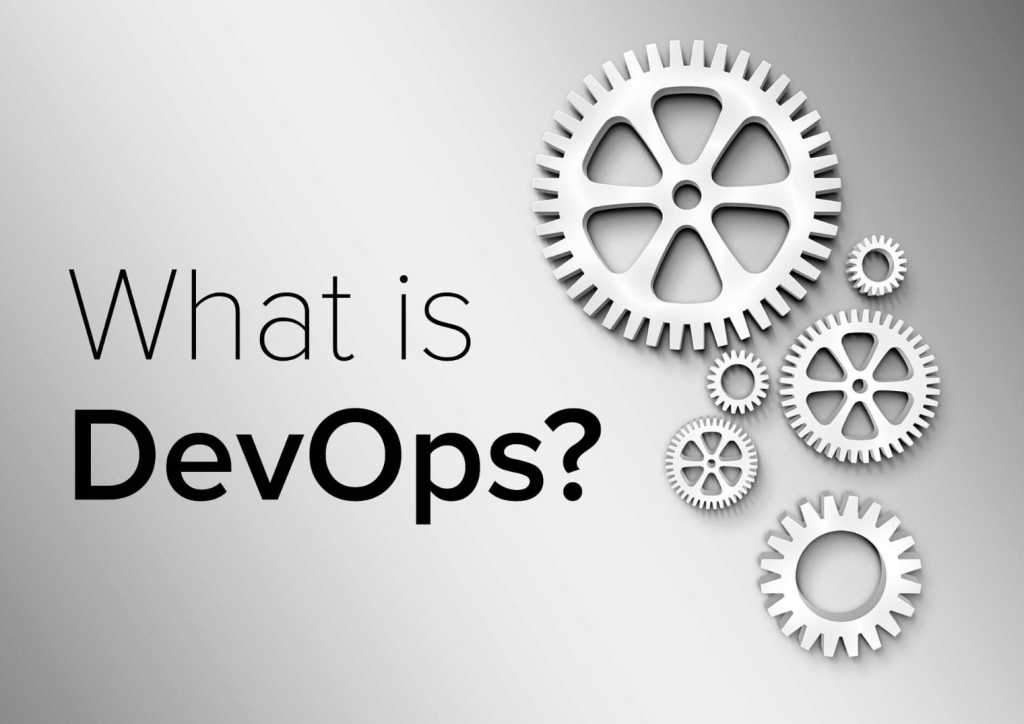In today’s fast-paced business environment, the ability to quickly adapt and respond to change is critical. DevOps is a set of practices that helps organizations achieve this by enabling them to develop, deliver and operate software in a more efficient and effective way. As businesses increasingly adopt DevOps principles, the demand for skilled professionals who are able to apply these methods is on the rise. However, with so many different tools and technologies involved, getting started with DevOps can seem daunting. This blog post will provide an overview of what DevOps is and some training options available to help you get up to speed.
What is DevOps and why is it important in the software development process
DevOps is a software development philosophy that combines software development and IT operations processes in order to shorten the delivery lifecycle of applications. By unifying these processes, DevOps promises to make the process of creating and deploying quality software more efficient than ever before. With DevOps, developers and operations work together to quickly identify any potential weaknesses in an application and make necessary adjustments for a successful release. This improved transparency enables teams to spot issues early on and work more collaboratively – keeping costly reworks a thing of the past. DevOps is not only important for shortening time-to-market of new software, it also encourages great communication practices between teams by providing them with real-time information into their progress. Additionally, its automated code testing technology ensures that applications are packed with fewer bugs on delivery day. The automation provided by DevOps improves reliability, efficiency and productivity across every step of the software development process.
The benefits of training for DevOps
Training for DevOps is becoming an increasingly popular choice for businesses looking to stay ahead in the technology game. It provides numerous benefits such as optimizing efficiency, increasing collaboration between IT operations and development teams, reducing system downtime, and strengthening security across infrastructure platforms. Additionally, training for DevOps can reduce costs by automating mundane tasks and allowing staff to focus on more strategic initiatives. Not only does training for DevOps keep a business competitive, but it also helps drive a more productive work culture and can improve job satisfaction by prioritizing learning and growth opportunities within the organization.
The key skills needed for a successful career in DevOps
A career in DevOps requires a certain set of skills that are essential for success. Communication is one of the most important featuers, as it’s essential to be able to effectively articulate ideas across teams and initiatives while sharing important information colaboratively. Other technical skills such as programming languages, quality assurance and automated testing are also invaluable when building resilient and reliable solutions that can handle high scale workloads. Finally, soft skills such as problem solving, creativity and collaborative spirit go a long way when it comes to efficient development and deployment cycles. By mastering this mix of diverse skills, one can be successful in a career in DevOps.
The best resources for learning about DevOps
DevOps is quickly becoming one of the most popular and talked about concepts in technology today, but for those new to it, finding reliable resources for learning more can seem like an intimidating task. Luckily, there’s no need to feel overwhelmed! There are a growing number of great options available to learn DevOps concepts and best practices. Books such as “The DevOps Handbook” and “Developing with DevOps” offer a comprehensive introduction to the principles behind this methodology. A variety of websites offer further DevOps Tutorial for Beginner, reference articles, and even DevOps specific forums where experienced professionals provide helpful insight. There is also an abundance of online courses available so aspiring students can take a deeper dive into current trends within DevOps. With these tools in hand, anyone interested in pursuing DevOps will have all the resources needed to succeed!
How to get started with training for DevOps
Starting DevOps training can seem daunting, but it doesn’t have to be. The most important thing is to start increasing your understanding of the basic core principles of DevOps. This means learning about areas such as automation scripting, software delivery pipelines (often using Jenkins et al.), and cloud infrastructure orchestration. Once you’ve developed a solid foundation of knowledge you can focus on more advanced topics such as monitoring & logging, security automation, and database deployment architectures. Don’t underestimate the importance of reading up on the history and trends in DevOps in order to truly understand what DevOps is all about. Taking courses and attending workshops are a great way to dig deeper into these topics. Above all else, remember that learning something new takes patience and persistence – be prepared to make mistakes along the way!




